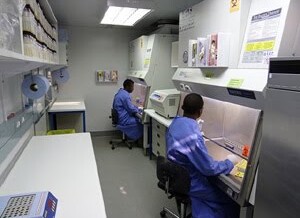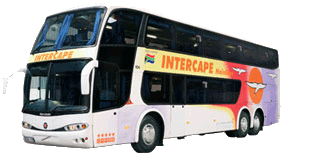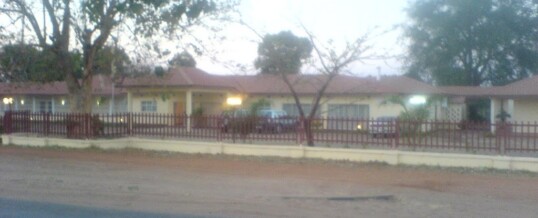
Our vacations in UK are usually spent, for the most part in Brighton, where my son Ed is based – a fair amount of eating out is usually involved! So, this piece on HotelChatter caught my eye – the name too – chilli pickle happens to be brilliantly made in Zambia by Rivonia and was the subject of a previous blog post. Can’t wait to try the restaurant next time we’re in Brighton.
“The ever-burgeoning London hotel scene may have most of our attention at the moment, but we’re far from immune to the charms of Brighton, especially with the news that one of our favorite fun hotels there, myhotel Brighton, has just opened a restaurant devoted to one of our favorite foods: curry.
Not just any restaurant, either – it’s the new site for The Chilli Pickle, which won the prize for most innovative restaurant at last year’s British Curry Awards, and received two AA rosettes and a Michelin BiB Gourmand thing too. The restaurant got all its plaudits (and rave TripAdvisor reviews) in its old location in Meetings House Lane but it’s now upped sticks to the hotel, and opened its doors Monday.
It’s owned by the same team and will have the same menu as before, as well as introducing some new dishes from a recent trip to India.
Prices are really reasonable, too: vegetable dishes from £3.50, mains from £6.95 and thalis for £9.95 for lunch and from £12.95 for dinner. The one to go for? The new Mutton Laal Mans – pieces of mutton in hot red chilli gravy from Rajasthan, courtesy of their latest trip.
MAR



















